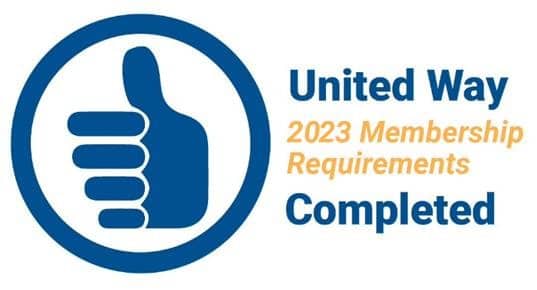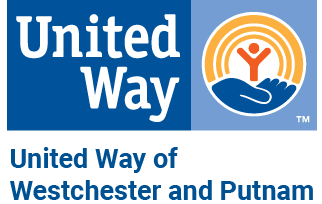
PUBLIC HEALTH: DAY 1 RACISM AND TOXIC STRESS

“Of all the forms of inequality, injustice in health is the most shocking and inhuman.”
– Dr. Martin Luther King Jr.
Welcome to the Racial Equity and Social Justice Challenge. People of color suffer worse health outcomes than white people, even when controlling for income and other factors. Learn why these disparities aren’t about race, but racism. Today we are talking about the impact of toxic stress caused by daily exposure to discrimination on the health of people of color.
Stress has been shown to cause major disparities in health conditions including obesity, hypertension, diabetes and even breast cancer. In Westchester, the rate of obesity in non-Hispanic Black women was almost 40%, double the rate for non-Hispanic white women. Heart disease, the number one killer of Americans. In Westchester, the rate of mortality from heart diseases was 143.4 for the total population, 145.7 for white people and 179.5 for Black people. The diabetes mortality rate per 100,000 white people was 8.6, but nearly triple for Black people at 23.8.
Read this article about how the mental burdens of bias, trauma, and family hardship lead to unequal life outcomes for girls and women and girls and women of color in particular.
Listen to this podcast about the effect of chronic stress from frequent racist encounters on the health outcomes of people of color. The article also features a case study on how a large scale ICE raid in Iowa impacted the health of pregnant Latinx women across the state.
Watch this TED Talk about how research has found that higher levels of discrimination are associated with a broad range of negative health outcomes such as obesity, high blood pressure, breast cancer, heart disease, and early death.
These articles were curated by a local committee to be used as a list of resources pertinent to DEI topics. The 21-Day Racial Equity Challenge Committee would like to thank and give attribution to those who created the content above, which reflects their individual perspectives. We do not support nor endorse any advertisements associated with the above content.
Reflect:
How has your race/ethnicity impacted your health?
Take Action:
Spread the Word about ACEs and Toxic Stress. The FrameWorks Institute created a communications toolkit for talking about toxic stress with general guidelines and evidence-based best practices.
336 Central Park Avenue
White Plains, NY 10606
914.997.6700
Privacy Policy
Board Portal
Career Opportunities

